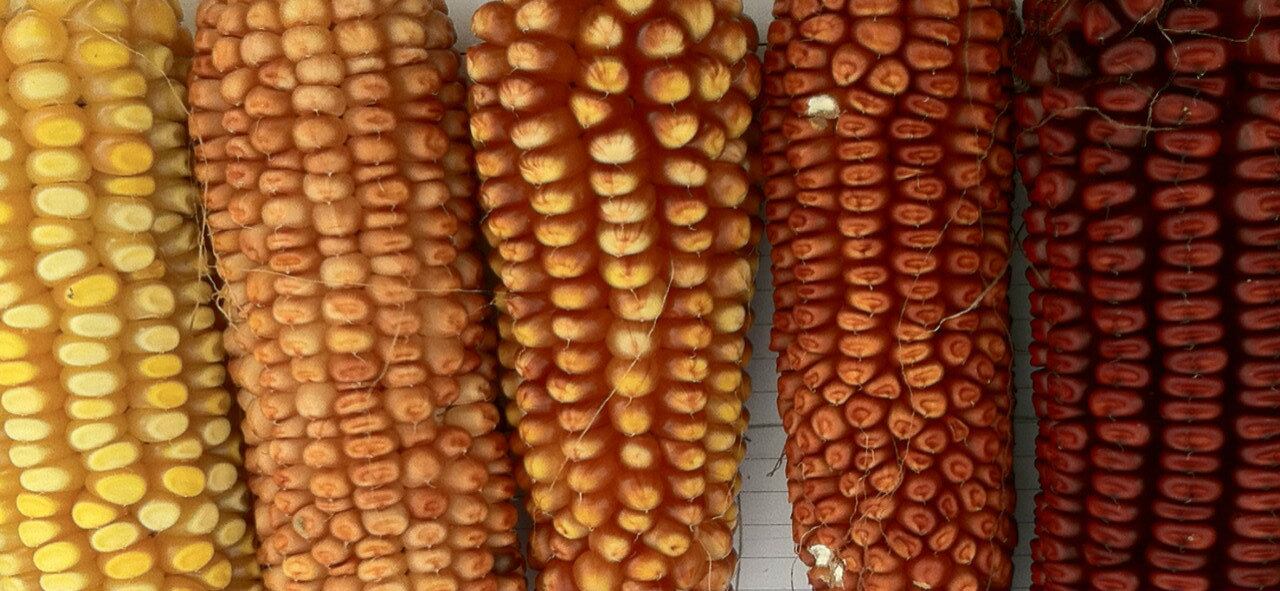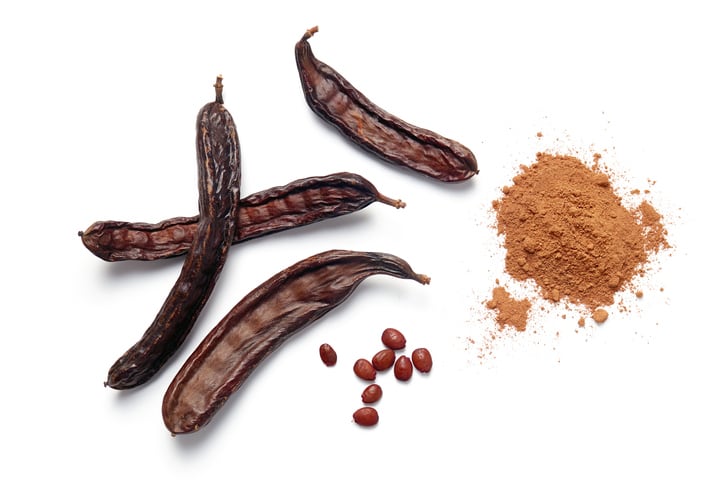Flavonoids are part of the polyphenol class of phytonutrients, found in almost all fruits and vegetables. Foods rich in flavonoids have been associated with reduced risk of chronic diseases such as inflammatory bowel disease.
Although the chronic gastrointestinal disorder has been extensively studied, the cause of IBD remains elusive. With the lack of certainty surrounding the root cause, researchers struggle to find a stable and effective remedy.
Researchers at Penn State’s Russell E. Larson Agricultural Research Center say naturally occurring flavonoid compounds in a specific line of corn are promising therapeutic candidates against IBD, due to the powerful antioxidant and anti-inflammatory properties that benefit the gut.
The study, published in the journal Nutrients, described how researchers bred a specific line of corn called flavan-4-ols, and then tested it out on mice to see if the antioxidant compounds had any effects on induced colonic inflammation.
Designing the right strain
In the study, researchers used seeds for an inbred corn line from the National Seed Storage Laboratory at Fort Collins, Colorado, and for a corn genetic stock containing genes required for the flavonoid pathway. Using a common plant breeding method to incorporate the genes, they came up with a hybrid that contained superior antioxidant capacity compared to conventional lines.
"In this study, we utilized two corn lines—one containing flavan-4-ols and one lacking flavan-4-ols—to investigate the anti-inflammatory property of that flavonoid," said Surinder Chopra, professor of maize genetics in the College of Agricultural Sciences, Penn State. "They are near isogenic lines, meaning that their genetic makeups are identical except for a few specific genetic loci that are responsible for generation of the flavonoids."
The study
Mice in the study with the induced-IBD syndrome were divided into four groups. The control group was fed a standard diet. The second and third groups' diets were supplemented with corn containing flavan-4-ols at 15% and 25%. The fourth group was fed a diet supplemented with a genetically related corn that did not contain flavonoids.
Findings
Flavonoids from the designer corn were found to act as anti-inflammatory agents in the guts of mice with an inflammatory-bowel-disease-like condition. The research team reported that mice consuming a corn-based diet with flavan-4-ols exhibited alleviated IBD-like symptoms, suggesting a protective effect of flavonoids against colonic inflammation. The results could lead to breeding for flavonoid-enriched cultivars for better dietary benefits. Additionally, the researchers say the corn should be studied to determine if it has the same effects on humans.
“In summary, our data show that flavan-4-ols enriched diet ameliorates CMC-induced colonic inflammation on a whole-food basis,” the authors noted.
A novel idea
Lavanya Reddivari, assistant professor of food science at Purdue University, said the idea of flavonoids coming from grains to promote human health is a new one.
"Most of the epidemiological studies focus on flavonoid-enriched fruits, especially berries," said Reddivari, adding that she started working with Chopra on antioxidant research in crop plants about five years ago when she was a faculty member at Penn State."However, grains contain a high concentration of bound flavonoids that are thought to exert better antioxidant activity and prolonged presence in systemic circulation, compared to free-form flavonoids, due to their slower and continuous release during digestion and microbial fermentation. These results suggest the feasibility of a human intervention study with flavonoid-rich corn to investigate its protective effects."
The report concludes, “These results may provide a reference for the utilization of these compounds as nutraceuticals."
Source: Nutrients
2020, 12(4), 896; https://doi.org/10.3390/nu12040896
“Intestinal Mucosal Barrier Function Restoration in Mice by Maize Diet Containing Enriched Flavan-4-Ols”
Authors: B. Wu, et al.




